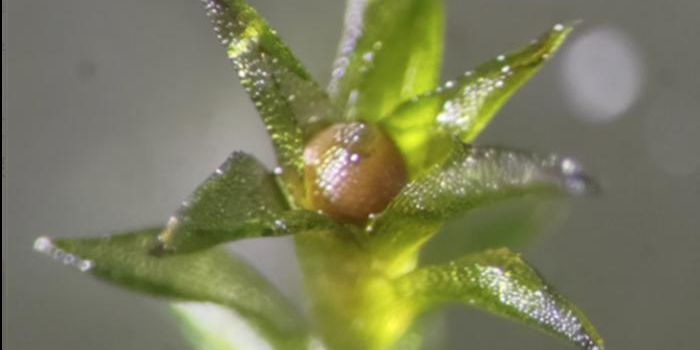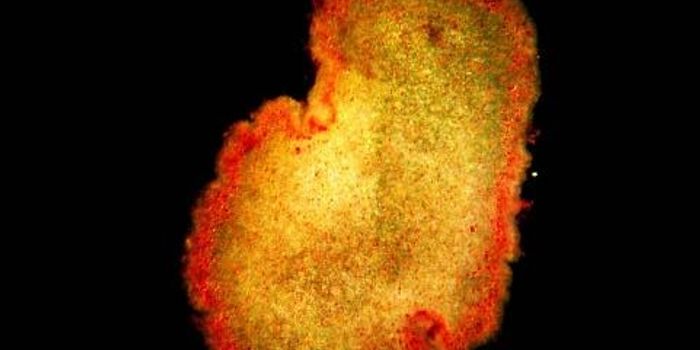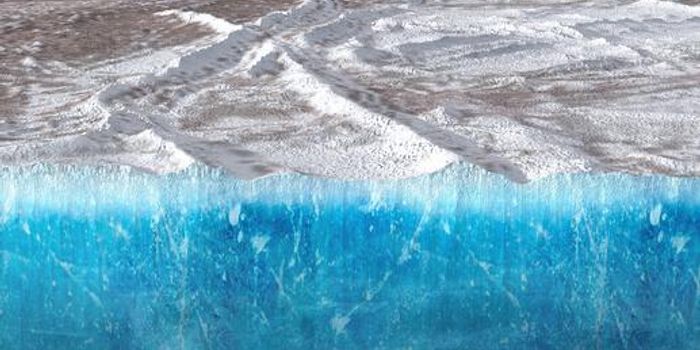Climate Change Could Lead to Obscure Sleep Cycles and Weakened Immune Systems
In a recent study published in Temperature, a researcher from the University of California, Los Angeles (UCLA) discusses how changes in ambient temperatures causes an imbalance between proper sleep and immune system function. This single-author study has the potential to expand research into indirect climate change effects on the human body.
When our bodies get a good night’s sleep, it allows our immune system to function at its peak and prepares it for possible injury or infection the following day. When we experience sleep deprivation, in this case through the temperature being too hot, this causes an imbalance with our immune system and can lead to our bodies becoming more prone disease and infection.
"No one has previously put together this notion that the ongoing climate crisis is contributing to sleep disturbance and that it's possibly contributing to the altered risk of infectious disease we're seeing," said Dr. Michael Irwin, a Professor of Psychiatry and Behavioral Sciences and the director of the Cousins Center for Psychoneuroimmunology at the Jane and Terry Semel Institute for Neuroscience and Human Behavior at UCLA, and the lone author on the study.
Dr. Irwin, who has substantial experience studying the connection between sleep and immune system function, said while studies on how ambient, or surrounding air, temperature affects sleep are limited, those few studies show warmer temperatures contribute to sleep disturbance. This includes an increased risk of infectious disease with the possibility of making some vaccines less effective, which Dr. Irwin noted in his study. Dr. Irwin also states this raises timely questions given the Covid-19 pandemic, the recent monkeypox outbreak, as well as the reemergence of the poliovirus in London and New York.
"Just like the pandemic is impacting socioeconomically disadvantaged and ethnic groups disproportionately with more morbid outcomes, it might be that increase in ambient temperature we're seeing are further exaggerating those risk profiles," Irwin said.
Sources: Temperature
As always, keep doing science & keep looking up!









